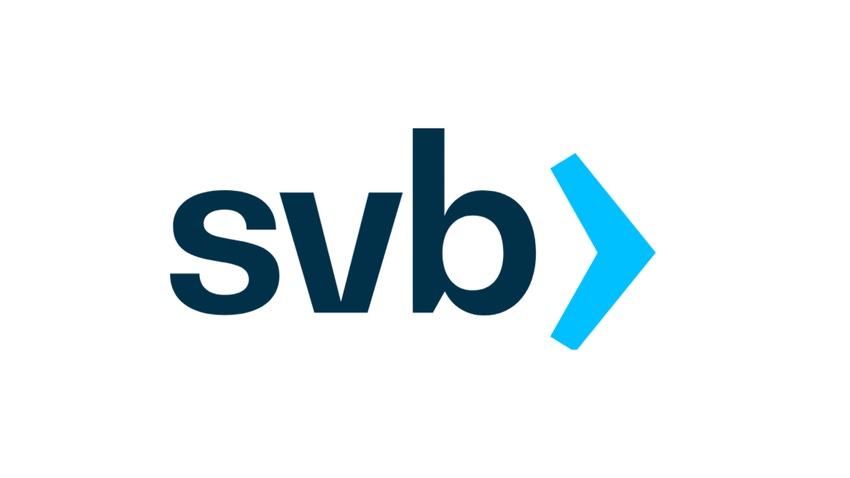
At a Glance
- ARK's Cathie Wood said SVB made two mistakes: thinking interest rates would stay low and misjudging withdrawals.
- Regulators and analysts should have seen this coming since it was on SVB's balance sheet.
Last June, Cathie Wood and her team at ARK Investment Management started seeing signs of trouble in the financial markets.
“We began to see credit default swaps move up and continue to do that through, actually, October,” the CEO and chief investment officer of ARK said at SXSW 2023 in Austin, Texas during a fireside chat.
Credit default swaps are derivatives that essentially act as insurance against a default in debt. “We were saying, ‘wait a minute, there’s trouble out there somewhere’,” Wood recalled. “And no one listened.”
On March 10, Silicon Valley Bank (SVB), the largest lender to startups, collapsed after a bank run. It is the second largest bank crash in history by assets. The conflagration later spread to Signature Bank in New York, which had a crypto payments platform after customers pulled out their money en masse. Two days before SVB went under, Silvergate Capital, a crypto-focused bank, also fell after a bank run.
To stop regional bank collapses from spreading, the Federal Reserve, U.S. Treasury Department and the Federal Deposit Insurance Corporation jointly announced they will make all SVB and Signature Bank customers whole.
Now the crisis seems to have jumped across the Atlantic to Switzerland, with shares of Credit Suisse, its second largest bank, tanking.
SVB’s two big mistakes
Wood said SVB made two major mistakes. One is to assume that low interest rates will persist.
SVB, which served more than half of all startups, was sitting on billions of dollars in assets and decided to invest much of it in government bonds to earn yield. These securities are widely considered safe vehicles since the U.S. and municipalities are not seen likely to default. When SVB bought the bonds, interest rates were low.
But then the Fed rapidly raised rates to combat inflation. “They never dreamed interest rates would go up 19-fold in less than a year,” Wood said. “This never happened in history even if you go back to the early 80’s, which was when (Fed) Chairman Volcker was fighting inflation.” Back then, interest rates doubled despite the economy also facing high inflation.
Wood said she wrote to the Fed and questioned their rate hikes. “How can you be unanimous in voting for the 75 basis point increase (most recently in November) when there’s conflicting evidence” about inflation staying high? She believed the Fed was wrong to be so hawkish.
The second mistake is SVB thought “deposits would never leave them,” Wood said. The bank enjoyed a cozy relationship with the region’s startups and venture capitalists. “They got an incredible amount of that business,” she added. “They own so much of that ecosystem.”
But as the economy slowed and the IPO market looked uncertain, venture capital began drying up for startups. Deal activity reportedly fell 30% in 2022. If startups are able to raise funds it would likely be at a lower valuation and they would not want to go through what is called a “down round,” she said.
So startups used the money they had, much of which was deposited in SVB. The bank invested a lot of the depositors’ money in ‘held-to-maturity’ bonds, meaning to get 100% of the money back, SVB should not sell them before their term ended. Also, interest rates were now much higher and if the bank did sell its bonds, it would take a big loss.
SVB reportedly also did not hedge interest rate risk for these bond holdings. And startups continued to withdraw, forcing SVB to sell its bonds at a loss.
Crisis in plain sight
On March 8, SVB disclosed it had sold $21 billion worth of bonds at a loss of $1.8 billion. The bank said clients have been taking out cash at a faster rate than pre-2021 levels. SVB also said it planned to raise $2.25 billion, of which General Atlantic, a growth equity fund, had pledged $500 million.
“Those held-to-maturity securities, if they have to sell them in order to fund those deposits, they have to recognize the loss immediately against their capital structure,” Wood said.
SVB’s troubles spread on social media and a bank run began. Wood said regulators and analysts should have seen this coming since it was all disclosed in SVB’s balance sheet.
“I put it in a tweet last night: Crisis looming in plain sight,” she said.
Read more about:
Conference NewsAbout the Author(s)
You May Also Like


.jpg?width=700&auto=webp&quality=80&disable=upscale)
.jpg?width=700&auto=webp&quality=80&disable=upscale)
.jpg?width=700&auto=webp&quality=80&disable=upscale)


.jpg?width=300&auto=webp&quality=80&disable=upscale)

.jpg?width=300&auto=webp&quality=80&disable=upscale)